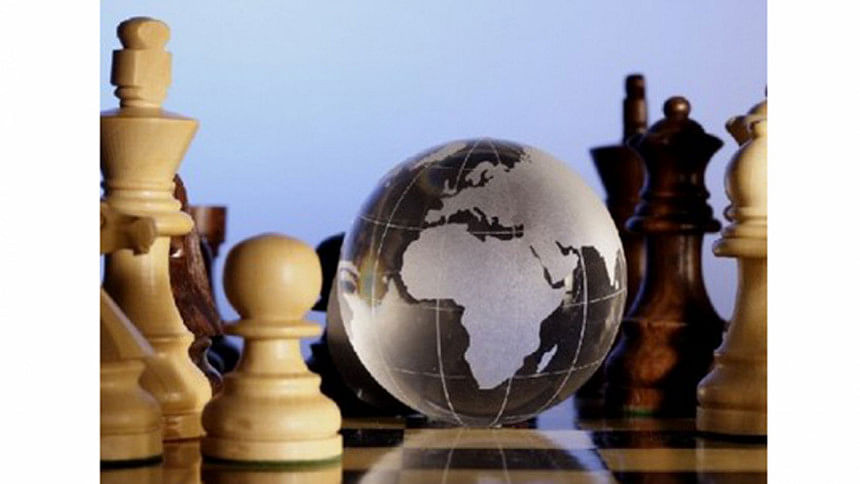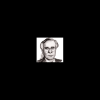Who leads the world in 2016?

As we step into 2016, the big question that spooks thinkers, political scientists and the common man is this: who leads the world? For decades past it was the United States. But with the gradual emergence of China and Russia from middle powers to giants, 2016 poses this question to the world: who is your leader?
First it was the mighty Great Britain which ruled the world. Then came the United States which, with a few allies like Great Britain and the USSR (read Russia), led the world in the two cataclysmic World Wars. Then the US and the USSR tugged at each other to assume world leadership. This continued for a few decades before the USSR spun out of the world leadership challenge and crashed into the earth and splintered into Russia and 15 other republics. Then the splinters started to rotate around the single, biggest power colossus, the US.
Ever since 1991 the world has seen a single world power, the US, take on the role of the world leader. Be it in the matters of geo-strategy, armed conflicts, industrial growth, science and innovation, the US has led the way. The change in power among the leaders of the US was the subject of discussion among political leaders of the world. The swearing in of the President of the US every four years would result in geo-strategic realignments by individual countries. Although when Bangladesh was born in 1971 it had the blessing of the USSR and India. Other big powers realigned with Bangladesh as time passed. Bangladesh quickly reset the alignments and its foreign policy veered to a world led by the US.
Yet as China, Russia and India reemerge as regional powers vying for world leadership, the context of world leadership is changing. The US still retains the title of the world leader in military strength. It has the wherewithal to be the most powerful country in the world. But there is a palpable challenge in three areas. First, political leadership inside the US is not always in sync with the long-term commitments needed to solve divisive world issues. The political consensus that the US President always enjoyed to take leadership in times of crisis in the world is fast fading. This is no more a check on his powers.
The world in 2016 also has to contend with two other powers, China and Russia. Though the decisions that the US takes is not clearly in sync with that of these two powers they are both closely consulted. Whenever the US feels it needs to take leadership in areas where it is not willing to do so, political leaders in the US must often gain support of other big powers before it plunges to action. But this is not the case with China and Russia. Their leadership need not always consult with their political constituents to arrive at decisions in global matters. Like an emerging colossus they are self-propelled to rise and contend for world leadership.
The other reason why the US slowly seems to be receding from the role of world leadership is due to the growing interconnectivity between and among people in the world. Public opinion worldwide is not anymore a set of islands emerging from a sea of dissent. World public opinion is increasingly coalescing through large ducts engineered by connectivity spilling through different communication systems which even great powers like the US cannot ignore anymore. Increasingly, the US has to join the flow or recede to a ranting bully unable to tackle real issues in the ground. The internet, space satellites and fast air and road communications are connecting people and nations and the world is no longer willing to follow one leader who acts on its will. Just see how the US joined other nations of the world and world public opinion in signing the consensus in combating climate change. The world is now metamorphosing and this is likely to change the power contours. Not much is likely to change in a year but the corrosion seems to have begun.
The writer is a retired Ambassador and a columnist at The Daily Star. E-mail: [email protected]

 For all latest news, follow The Daily Star's Google News channel.
For all latest news, follow The Daily Star's Google News channel. 



Comments